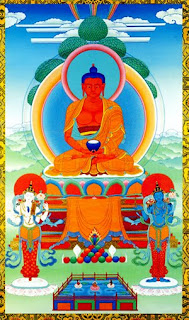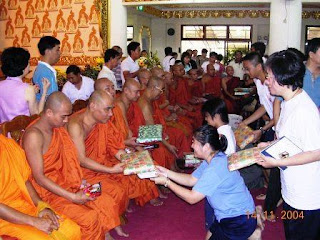Hurt, Shame, Guilt and Remorse

Hurting another?
This is hard for us to accept because for the most part, we think we act from good motives. We justify and rationalize our behaviour: Eye for an eye; I just wanted to put them in their place and so on. the results is a hardening of the heart and distancing of it from its own emotions making it impervious to another's suffering.
But when we empathise with the victim, then we feel shades of shame, guilt and remorse. How should we understand these qualities?
Feeling shame
We feel shame when our self-esteem is punctured. We lose face. We thought we were good but now we realize we can behave in petty or malicious ways. Our self-image is bruised and we feel bad about ourselves. It undermines our self-respect and increases our self-hatred.
As an attitude proper to our spiritual life, however, it is a part of our integrity. We know how bad we feel about ourselves if we breach our own ethical standards. so as soon as any unwholesome thought, word or deed arises, there also arises the warning of shame. This stops us from acting unskillfully thereby strengthening our self-respect and self-worth.
The Guilt
Guilt arise when we know we have acted against the moral code (This is not the same as "existential guilt" which is defined below). This is the role of our conscience, the judge within us. It is that which has moral understanding, knowing the difference between wholesome and unwholesome actions. It may be plain wrong in its understanding or too severe, or it may be too lax in its judgments.
Only through wise reflection and talking to wise people can we develop a balanced conscience. Furthermore, by acknowledging and bearing with feelings of guilt through insight meditation, we learn not to react on them. Because we are no longer supporting these conditioning, they will begin to fade away.
Once we are guilty of doing something unskillful, the consequences is some measure of dread. We fear the consequences of our actions, especially how others will behave towards us. We feel uncomfortable with other, fear and anxiety levels grow. Paradoxically, this fear and anxiety of others makes us hate them.
However, when such fear of consequences arises even at the suspicion of an unwholesome thought, word or deed, it prevents us from contemplating such an action. This allow us to live free of guilt. when this is also accompanied by the acknowledgement of the suffering that may arise in another because of our unskillful actions, this is compassion and leads us to respect and protect the very one we wished to hurt. The relationship between guilt and compassion is intimate.
If shame and guilt are absent, a person can commit unskillful actions without feeling of remorse. These are the sociopaths and psychopaths among us. But when finely tuned, shame and guilt act as sharp warning signals that stop us from doing harm. For as soon as an unwholesome desire arises, it is immediately followed by the knowledge of the personal suffering involved and consequences it may lead us to. when shame and guilt function in this way, the Buddha refers to them as "guardians of society".
Feeling Remorse
Remorse on the other hand is the genuine feeling of regret at pain caused to another and leads us to seek for reconciliation. It is painful to the heart. For just as we have come to understand that tough others do not directly cause us to suffer, they can purposefully create the conditions that press our buttons, so we realize how our cruelty is catalyst for evoking suffering in others.
We simply do not want to behave like that again and this compassion attitude towards ourselves and others guards us against similar behaviour. It strengthens the resolve behind our determination to change our habits for the good.
And in so doing our sense of self worth and self-esteem is enhance and our relationship to others become more harmonious.



Comments